Security pact puts heat on Solomon Islands
Marise Payne and Antony Blinken have expressed concern about China’s draft security agreement with the Solomon Islands after the nation’s PM ignored intelligence to abandon the deal.
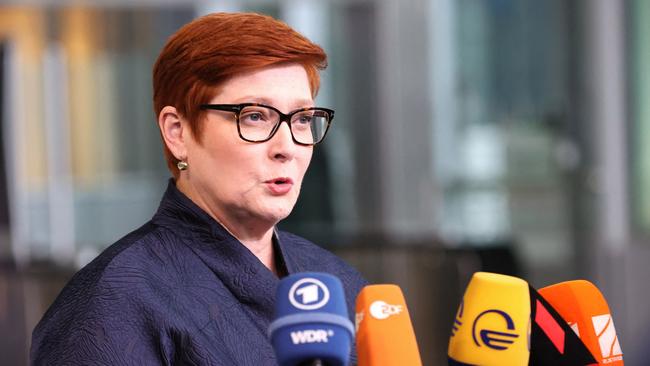
Foreign Minister Marise Payne and US counterpart Antony Blinken have expressed concern about China’s draft security agreement with the Solomon Islands after the Pacific nation’s Prime Minister ignored high-level intelligence warnings to abandon the deal.
Senator Payne met with Mr Blinken, the US Secretary of State, on the sidelines of a NATO foreign ministers’ meeting in the first face-to-face talks between the pair since revelations a fortnight ago the Solomon Islands had negotiated a surprise security pact with Beijing.
She said they discussed “concerns that we would share around the reported Chinese Solomon Islands security agreement”.
A US-issued readout of their conversation went further, saying they “shared concerns about recent regional developments and ways to support countries in making open and transparent decisions about their own security and economic interests”.
Their meeting came hours after talks between Solomon Islands Prime Minister Manasseh Sogavare and two of Australia’s top spy bosses in Honiara.
Office of National Assessments director-general Andrew Shearer and Australian Secret Intelligence Service Paul Symon travelled to the Solomon Islands as Scott Morrison’s envoys, to provide Mr Sogavare with classified intelligence on the likely ramifications of the security agreement with Beijing.
Australia is concerned the agreement will open the door to a Chinese base in the country, with Beijing using the deal to ramp up its presence in the Solomon Islands over time.
But, according to a statement issued by Mr Sogavare’s office, the Solomon Islands leader reassured Australia his country’s security concerns “are domestically focused”. He said the China deal would complement his country’s security agreement with Australia.
“Prime Minister Sogavare assured Australia, Solomon Islands will continue to roll out the implementation of its national security strategy and uphold its foreign policy of ‘friends to all and enemies to none’,” his office said. “Australia remains our partner of choice.”
Earlier this week, the commander of the US Pacific Fleet, Admiral Samuel J Paparo, told reporters in Washington that the “secret security event” was a concern for Western allies, including “all our partners throughout the western Pacific and especially Australia, New Zealand”.
But China denounced Australia and New Zealand for their “colonial mentality” in opposing the deal, saying no nation should claim the Pacific as its “backyard”.
In meetings with Mr Blinken and NATO secretary-general Jens Stoltenberg, Senator Payne also stressed the unity of the international response to Russia’s invasion of Ukraine and the message it sent other authoritarian regimes, including China.
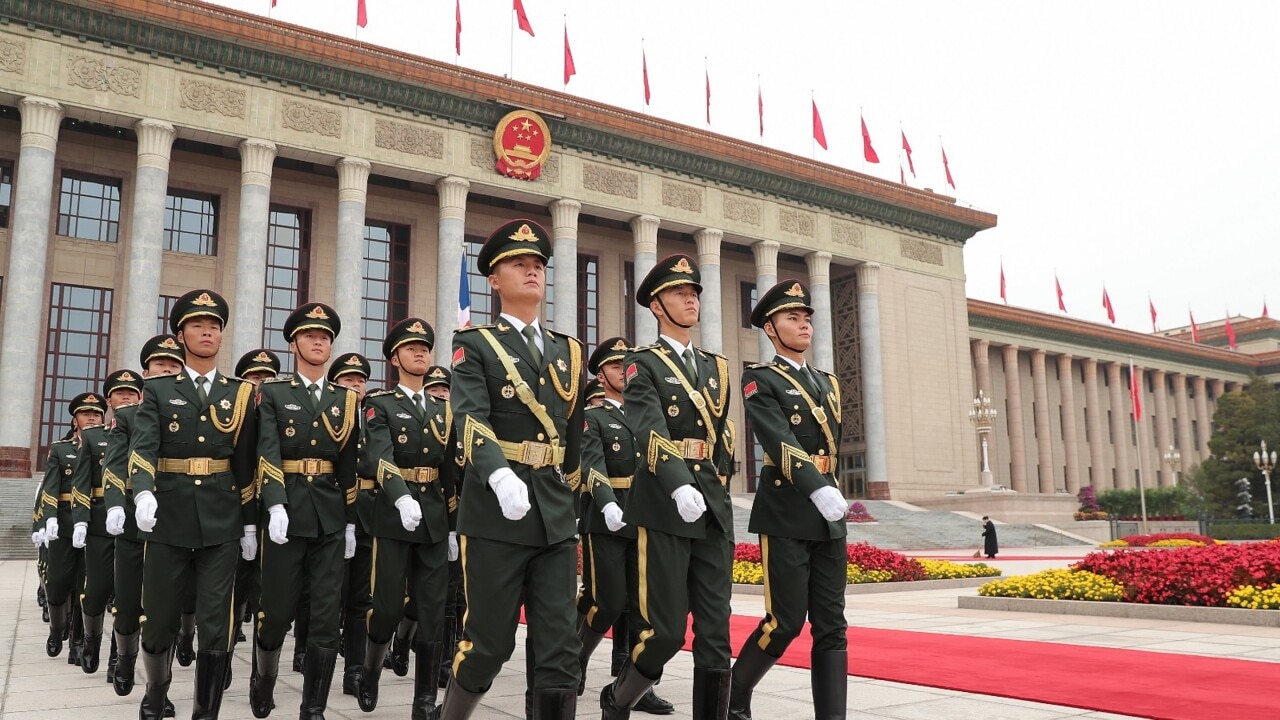
Mr Stoltenberg warned NATO countries they had to be prepared “for the long haul” to sustain sanctions against Russia, support Ukraine and strengthen defences and deterrence.
At the same time, NATO is also mindful of China’s moves in the Indo-Pacific, opting to include Australia, Japan, New Zealand and South Korea in the latest talks.
“President Putin’s aim is to try to control the whole of Donbas and to establish a land bridge (to the Crimea),” he said.
“We have seen no indication that President Putin has changed his ambition to control the whole of Ukraine and also to rewrite the international order. So we need to be prepared for the long haul … because this can last for a long time and we need to be prepared for that.”
Mr Stoltenberg said the military equipment being provided by NATO allies and other friendly nations was making a significant difference. “Allies are providing both anti-tank, anti-air or air defence systems, but also different kinds of advanced weapon systems and also both light and heavier weapon systems to Ukraine,” he said.
“I will not go into all details, so exactly what kind of weapons equipment allies are providing, but I can say that the totality of what allies are doing is significant. And that includes also some heavier systems combined with lighter systems.”
After back-to-back meetings on Wednesday, Senator Payne said Australia stood with allies who were closest to respond to the Ukraine crisis because the war had implications globally.
In her opening remarks in the Australian-US bilateral meeting, Senator Payne said it was critical for Australia and the US to be closely joined in the response to the actions of authoritarian states which were “untenable, unacceptable and completely illegal”.


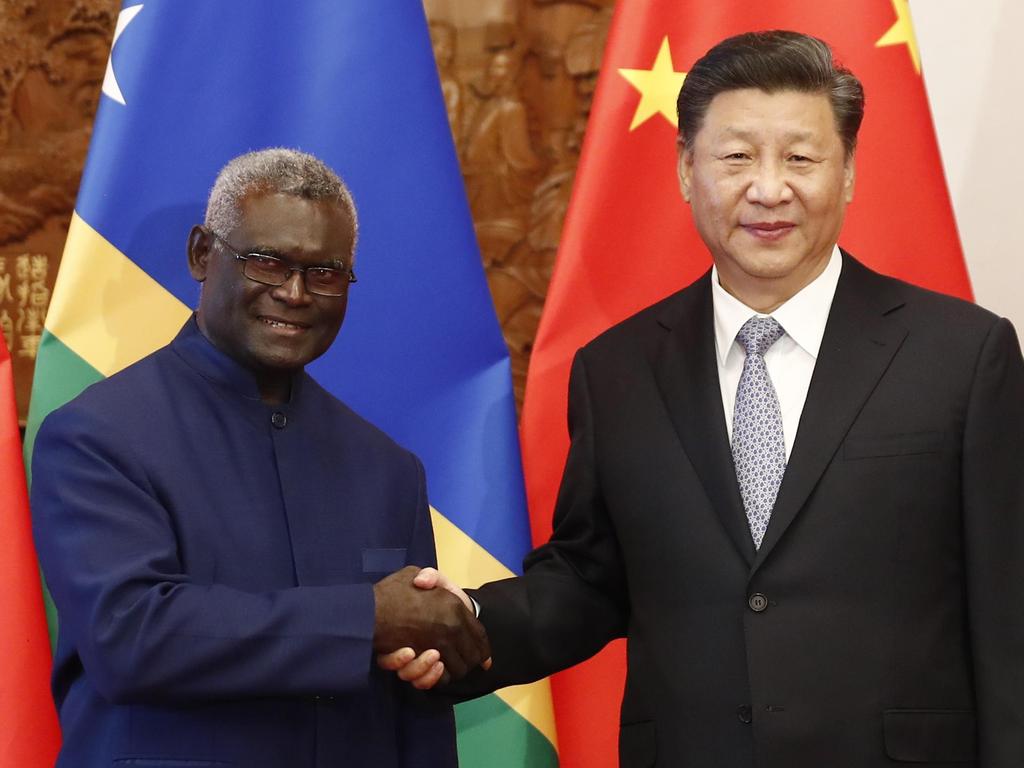
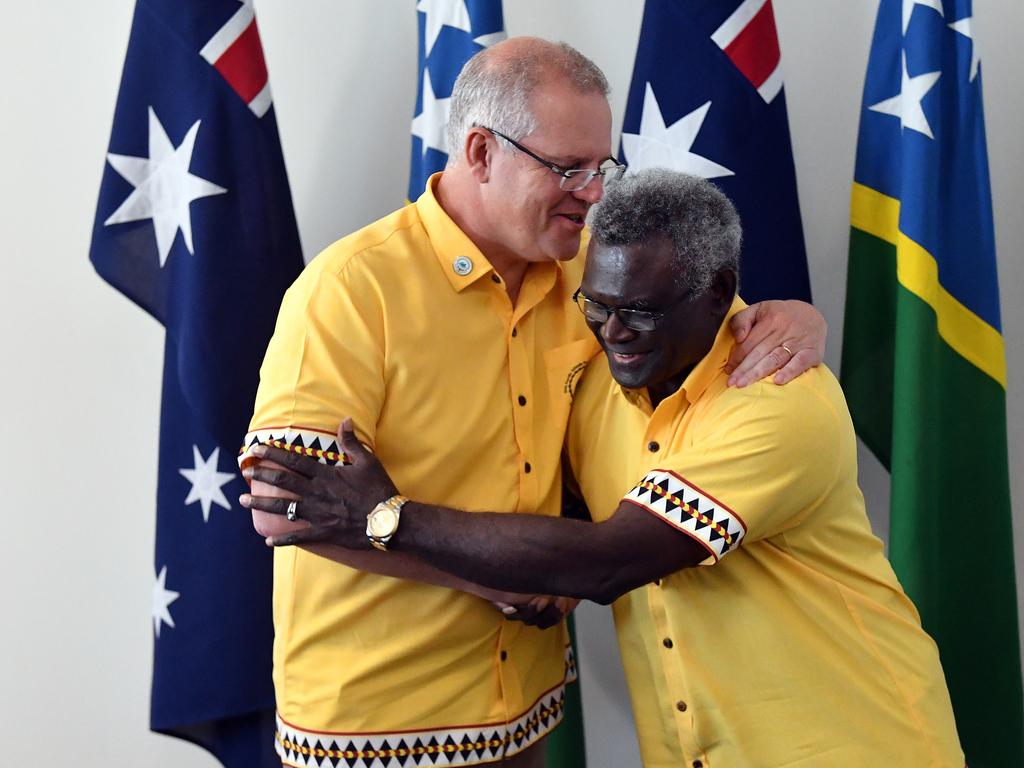
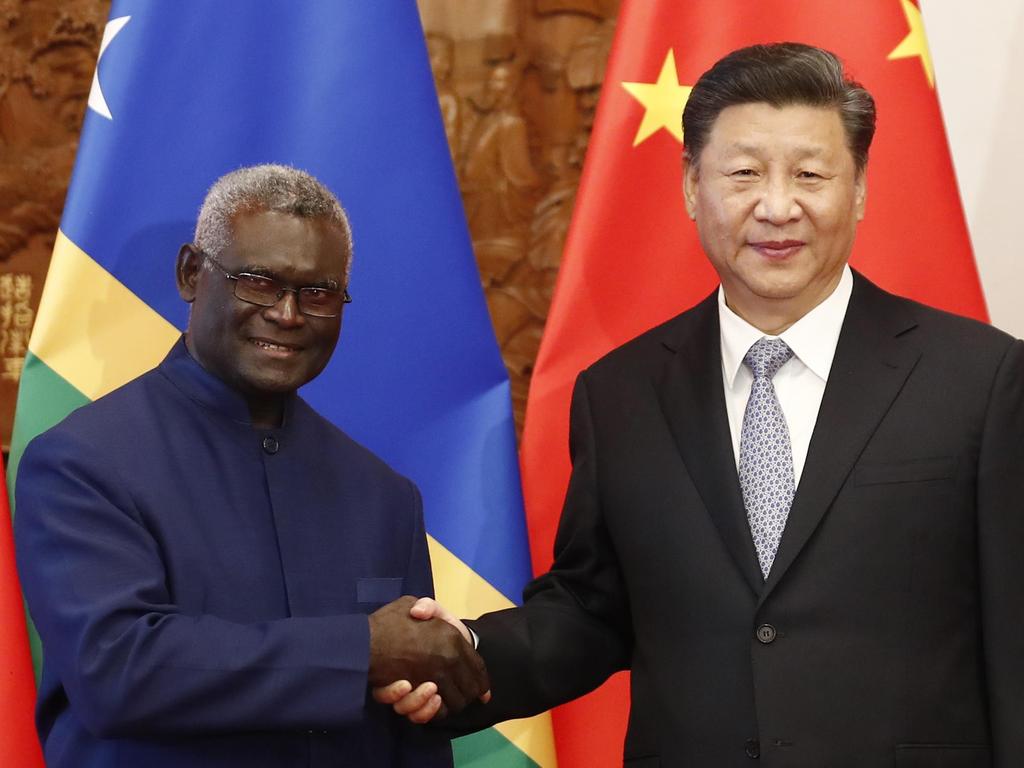


To join the conversation, please log in. Don't have an account? Register
Join the conversation, you are commenting as Logout